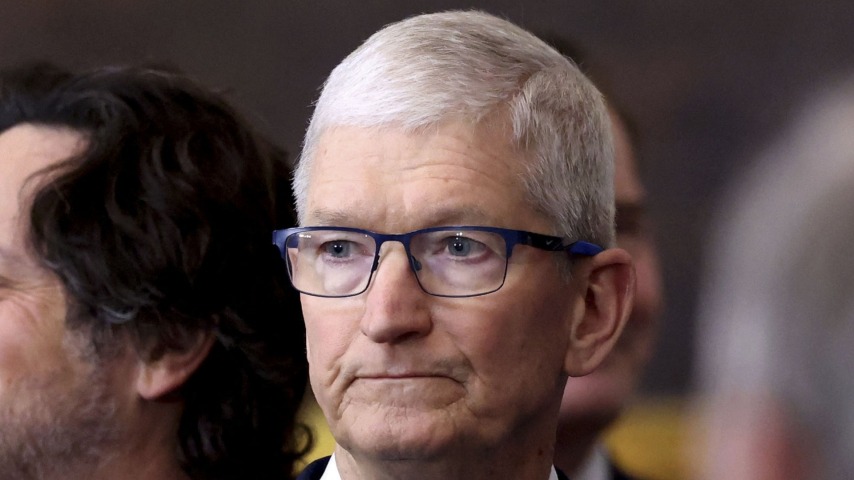A U.S. District Judge has now referred a case of possible criminal contempt charges against Apple to federal prosecutors, alleging that the tech giant looked at a series of court-ordered injunctions it received a few years back in regards to how it runs its App Store, said “We’re not doing that,” and then just kind of… didn’t do them. (Although we’re not legal scholars, we’re fairly sure that shockingly few judges are inclined to take “nah” as a valid legal defense.)
This is per THR, which reports that U.S. District Judge Yvonne Gonzalez Rogers, who oversaw the big, nasty legal fight between Apple and Fortnite creator Epic Games a few years back, has now issued a new ruling slamming Apple for basically blowing off her findings in said case, instead creating “new anticompetitive barriers which would, by design and in effect, maintain a valued revenue stream; a revenue stream previously found to be anticompetitive. That it thought this Court would tolerate such insubordination was a gross miscalculation. As always, the cover-up made it worse.”
Pretty much all of this circles around the 30 percent surcharge that Apple slaps atop all app purchases, and in-app purchases, that run through the App Store. At the time, Rogers didn’t go quite so far as to label the practice monopolistic—although Apple’s increased push into TV and film entertainment, even as it exercises these kinds of pricing controls over streaming services who want to offer an app through the Store, has definitely raised some red flags on that score. (Netflix went into open revolt against the whole system several years back, while Spotify has chafed against it more than once.) At the time, Rogers simply told Apple to back off on the anticompetitive moves, including blocking app developers from telling users that they could get their products for cheaper by buying them, well, pretty much anywhere except the App Store.
After the case shook out back in 2021—with Apple mostly winning, at least on paper, Rogers ruling in the company’s favor on 9 out of 10 counts—Rogers allowed Apple to avoid complying with the order while it brought the question to the Supreme Court for review; they declined to weigh in last year, though, at which point the order should have gone into effect. In her ruling this week, Rogers wrote that Apple vice president of finance Alex Roman “outright lied under oath” about the company’s practices, and noted that CEO Tim Cook deliberately overrode efforts by the company’s App Store team when they tried to comply with the rulings. Now, it’s in the hands of federal prosecutors, who’ll decide how to handle the allegations of criminal contempt.

































![Rob Reiner's son booked for murder amid homicide investigation [Updated]](https://img.pastemagazine.com/wp-content/avuploads/2025/12/15131025/MixCollage-15-Dec-2025-01-10-PM-9121.jpg)







